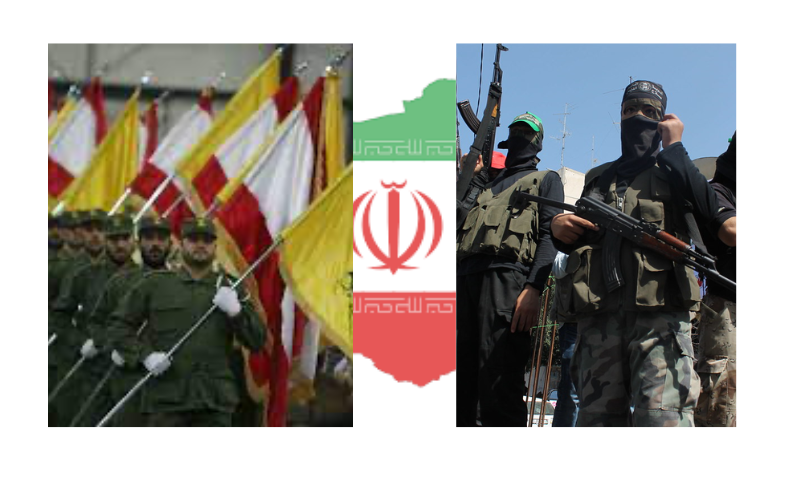Nicholas Blanford
Atlantic Council, Apr. 13, 2023
“It’s not Hezbollah shooting, but it’s hard to believe that Hezbollah didn’t know about it.”
A tense calm has returned to the Lebanon-Israel border days after an unknown group launched a barrage of rocket fire at Israel from inside Lebanon. This marked the most serious bout of violence in the area in more than sixteen years.
The attack on April 6—in which thirty-four 122mm Grad rockets were launched from a coastal strip south of Tyre in south Lebanon and struck areas of western Galilee—was seen as a response to Israeli security forces beating worshippers at the Aqsa Mosque in Jerusalem a day earlier (the video of which went viral and inflamed anger across the region). Of the thirty-four rockets, twenty-five were intercepted by the anti-missile Iron Dome system. At least one Israeli civilian was wounded, and vehicles and houses were damaged.
There was no claim of responsibility for the rocket barrage, which was followed on the evening of April 6 by a handful of suspected mortar rounds or short-range rockets fired from the Marjayoun area toward Metulla in northern Galilee. Palestinian Islamic Jihad hailed the rockets from Lebanon as “a heroic operation against the Israeli crimes in the Aqsa Mosque.” A source belonging to Hezbollah told the Al Arabiya network that the Iran-backed organization was not responsible, although there was no official comment from the party. After some deliberation, Israel publicly blamed Palestinian groups.
“It’s a Palestinian-oriented event,” said Lieutenant Colonel Richard Hecht, an Israeli military spokesman, adding that it could have been either Hamas or Palestinian Islamic Jihad.


